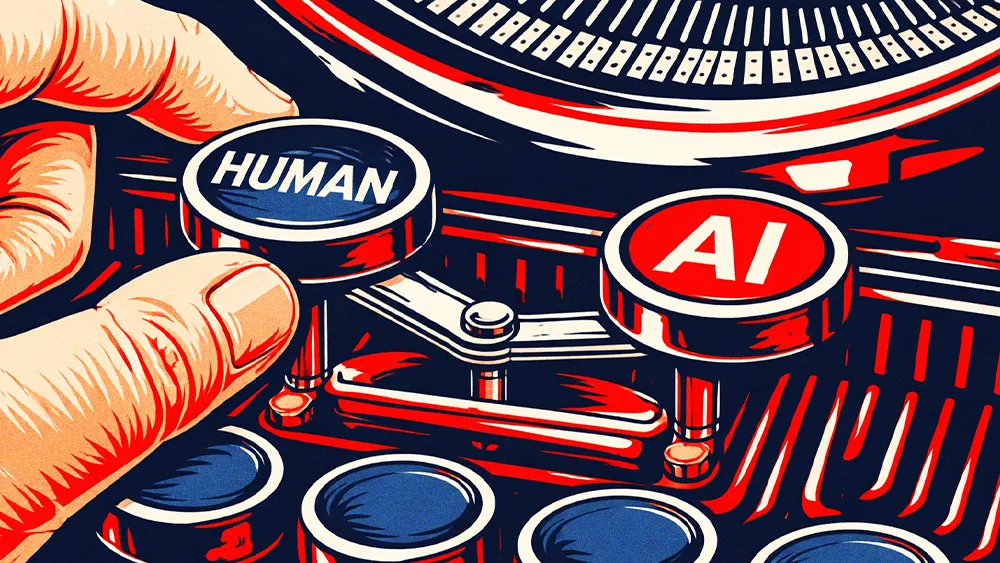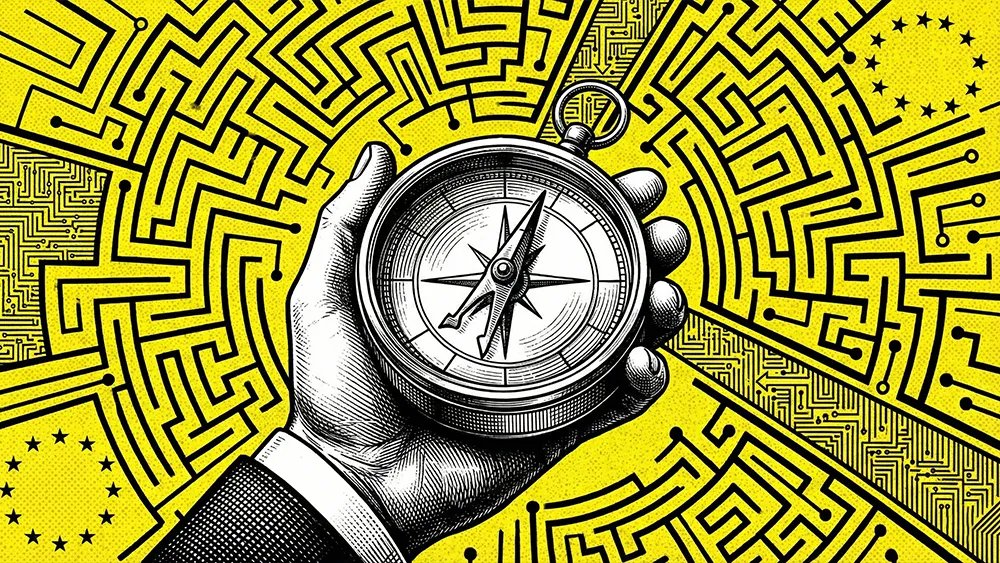India's proposed National Artificial Intelligence Technology Regulatory Authority bill isn't just another global framework. If passed, it would create a regulatory body with real enforcement power, experts say. But the most unusual step it takes is targeting two issues other regimes typically avoid: deepfakes and workers' rights.
To understand what the proposed bill means for leadership, we spoke with Nikhil Solanki, an AI Governance Professional and Data Protection Officer at full-line retailer, Lulu Group International. If passed, the new legislation would likely have significant business implications, Solanki says.
It would create an authority with real power, Solanki explains, something he says is a departure from the norm. "It's refreshing to see an authority in emerging technologies with real substance. With powers like these, NAITRA has teeth." As a result, the new law would have immediate, real-world consequences for business leaders, he says. Instead of just issuing guidance, NAITRA could compel action. "It will function as a judicial authority with the power to issue summons and mandate appearances. Essentially, it's akin to a civil court."
Laying down the law: Because the bill targets workers' rights, organizations should expect more intense scrutiny, Solanki explains. "Soon, authorities could demand documented proof of why an AI selected a particular candidate for an interview over others, for example."
Deepfakes and pink slips: The bill borrows principles from frameworks like the EU AI Act. But its distinction lies in two priorities Solanki rarely sees on the global stage. "Two things make this bill stand out: the specific call-out to deepfakes, and the focus on workers' rights, including the employment impact of AI and a national grievance mechanism."
The bill's primary purpose is to build public trust, Solanki says. But that's something many industry leaders are already pursuing with tools like Google's SynthID. "Instead of inventing these practices, the role of regulation should be to lead and set the tone for responsibility and trustworthiness," Solanki explains. From his view, the proposed regulation presents a clear opportunity. Prepare now, and this risk of non-compliance becomes a competitive advantage.
First-mover fundamentals: The first step for any organization is to create a comprehensive and well-documented inventory of its AI systems, Solanki explains. "Maintain an inventory of all models in use, with their data sources and purpose clearly documented. Having this in place before the bill becomes an act gives you a first-mover advantage, helping you set the pace and win customer confidence."
A proactive plan: Building on that foundation, Solanki outlines specific actions different industries can take to avoid risk under the new bill. "Media companies can create takedown mechanisms for deepfakes. Finance companies need detailed documentation and audit trails for their AI credit-scoring tools. HR firms need impact assessments and grievance mechanisms for candidates. Taking these steps will help you stand out and position yourself as a leader in responsible AI."
Given India's historical impact on the region, the bill could set a new global standard, Solanki explains. However, he also emphasizes that its final impact depends entirely on what version eventually becomes law. "We could see the start of a 'Delhi effect.' But again, it all depends on how soon, how fast, and what type of act is passed." Regardless of the final details, the bill represents a historical moment, he concludes. "Depending on what gets passed, this will be a landmark moment in AI governance for India."









